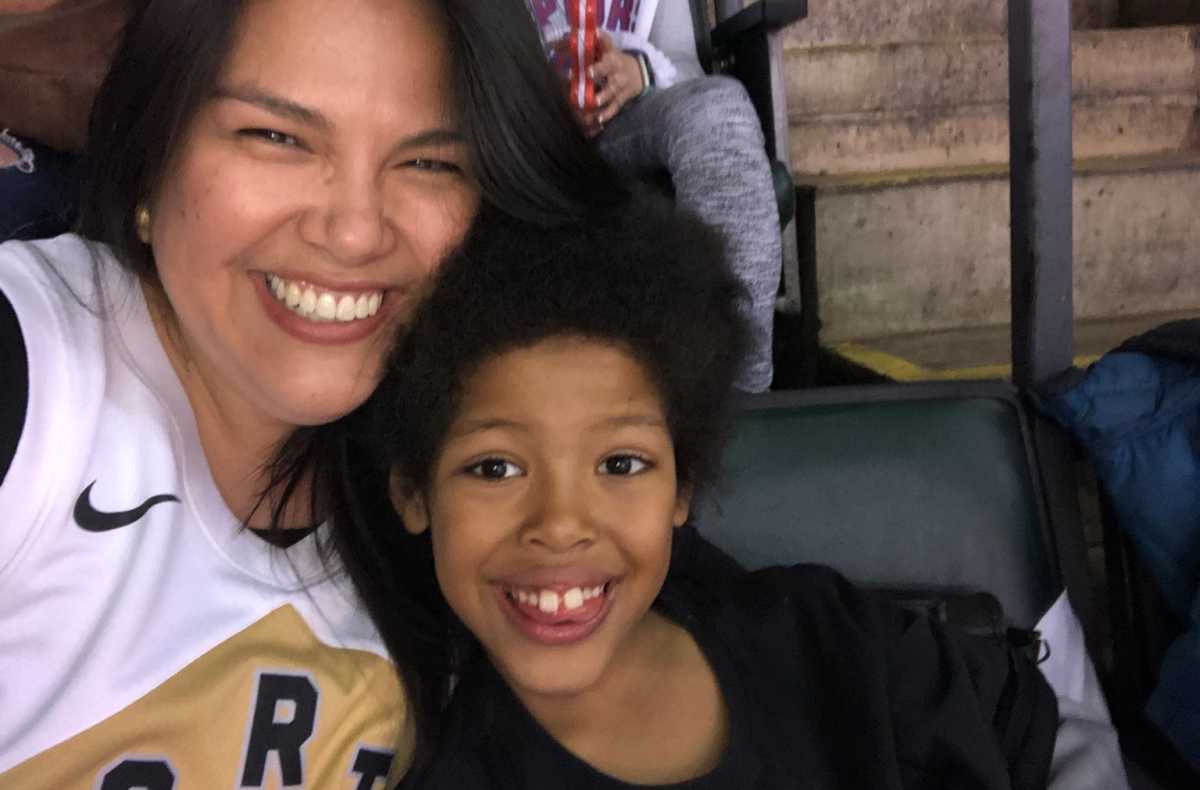As Inclusive Local Economies program director, I spend my days advancing strategies improving economic opportunities for low-income people in Toronto. But in my evenings, I am an avid basketball fan. The Toronto Raptors’ approach to building a championship team I believe demonstrates three workforce development best practices, that are also reflected in the work of Metcalf grantees Building Up, Hospitality Workers Training Centre, and NPower Canada.
Invest in a Talent Pipeline: Raptors are strategic about talent. Their ability to attract talent wasn’t sufficient, so they needed to invest in talent development and retention. So, the Raptors began their own developmental G-League team in 2015, Raptors 905. As the official minor league for the NBA, the G-League is a training ground for basketball players, coaches, official, trainers, and front office staff, enabling management to be strategic about future hiring needs. Three former Raptors 905 players, Pascal Siakam, Fred Van Vleet, and Norman Powell, were essential in the Raptors’ 8-man winning rotation.
From a workforce development perspective, it makes sense to connect your talent strategy to your business strategy to improve competitiveness. Raptors needed top tier talent to be a play-off and championship contender. If they couldn’t buy it (and convince it to stay), the G-League offers a long-term strategy to develop the talent at home. The Hospitality Workers Training Centre’s industry partnerships enable them to be considered by employers as a source for entry-level talent and a critical part of the hospitality talent pipeline.
Competencies over Credentials: The majority of employers rely on university degrees or college diplomas to assess talent and skills. However, using solely these credentials as a proxy for skills can screen out potentially great employees, especially for entry-level jobs.
In the NBA, the annual draft is the primary way rookies enter the league. Being chosen early in the draft’s first round carries status and implies the hope for the potential impact that the player will have. The Toronto Raptors won the 2019 championship with only five ‘first-rounders’ on their team – six of their players were undrafted – defying the conventional way one becomes an NBA player. Pascal Siakam was the 27th pick in the 2016 draft and Fred Van Vleet was overlooked by all NBA teams (twice) and finally signed with the Raptors for the 2016 training camp. Raptors valued not only Van Vleet’s technical skills – basketball – but also his soft skills, including his basketball IQ, mental toughness, perseverance, and people skills.
In workforce development, how do our biases about credentials or what the ‘right fit’ looks like, narrow our sources of talent? How can we use alternative methods to test competencies (like the NBA’s G-League, summer combines, training camp) and enable job seekers to be assessed through observation of their skill sets? Job placements are a critical part of NPower Canada’s workforce model. It enables employers to assess the skills and abilities of NPower trainees right in the workplace, thus circumventing traditional hiring processes.
Earning While Learning: It is hard to work for free. For low-income job seekers, skills-training and job training is often unpaid, making it a challenging investment when you have families to support. Therefore, it is critical that the job training customized for low-income job seekers has strong industry credibility, provides relevant and in-demand skills, and results in a high likelihood of being hired. Whether in the G-League, the summer league, or at training camp, players are paid. There are also ‘two-way’ contracts that enable junior talent to build the skills that they need to grow and develop as professional basketball players. This allows emerging Raptors players to get lots of playing time with the Raptors 905. According to Raptors 905 General Manager Chad Saunders this gives young talent “a chance to develop your game and gain confidence…It’s better than sitting toward the end of the bench and not getting a constant role, constant time on the court…We run the same offence, the same schemes [as the Raptors]. It gives them a chance to go out there and play with a team and stay fresh and stay ready and develop.”
Building Up is a social enterprise model that provides paid pre-apprentice construction training. Building Up also ensures that graduates are able to access paid employment year-round, to address any income gaps that might occur between construction work projects.
Without these innovative workforce development practices, the Raptors would not have won the 2019 NBA Championship. There is a lot more I could write about the NBA’s talent development approach but I will save that for the Raptors’ next NBA championship!


